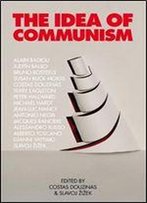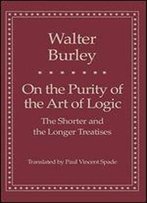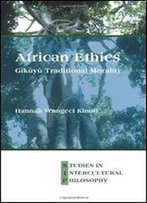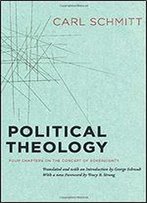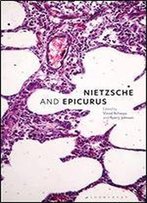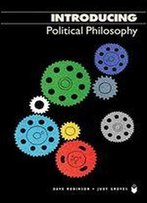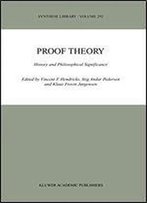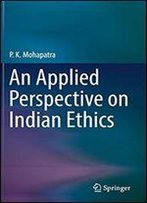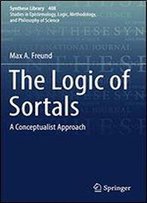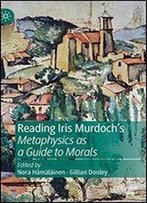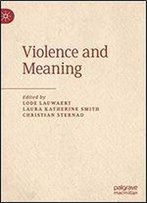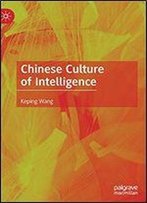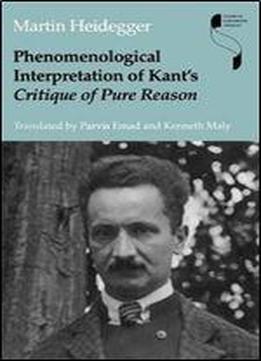
Phenomenological Interpretation Of Kants Critique Of Pure Reason (studies In Continental Thought)
by Martin Heidegger /
1997 / English / PDF
18.1 MB Download
The text of Martin Heidegger’s 1927–28 university lecture course on Emmanuel Kant’s Critique of Pure Reason presents a close interpretive reading of the first two parts of this masterpiece of modern philosophy. In this course, Heidegger continues the task he enunciated in Being and Time as the problem of dismatling the history of ontology, using temporality as a clue. Within this context the relation between philosophy, ontology, and fundamental ontology is shown to be rooted in the genesis of the modern mathematical sciences. Heidegger demonstrates that objectification of beings as beings is inseparable from knowledge a priori, the central problem of Kant’s Critique. He concludes that objectification rests on the productive power of imagination, a process that involves temporality, which is the basic constitution of humans as beingsThe text of Martin Heidegger's 1927-28 university lecture course on Emmanuel Kant's "Critique of Pure Reason" presents a close interpretive reading of the first two parts of this masterpiece of modern philosophy. Heidegger develops his reading of Kant against the neo-Kantianism of his day, which takes Kant to be presenting a foundation for positive science
